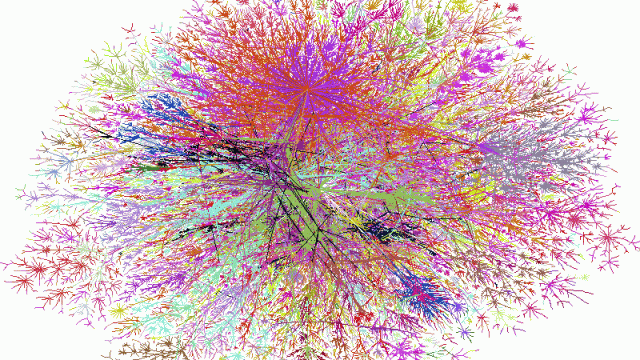The Virtue of Feeling Cranky, Grumpy, and Rude

While it’s more pleasant to be pleasant with those around you, being a crank can have its benefits when it comes to getting your way. This has to do with the fact, say behavior psychologists, that a negative disposition is one that is risk averse. The downside associated with risk tends to make people (a) pay closer attention to detail and (b) be more difficult to get along with.
“Research by Kate Harkness from Queen’s University shows that people prone to depressed moods also tend to notice more details. This is particularly true when it comes to facial expressions. … This is why — and you’ve probably noticed this — when you are in a fight with your romantic partner, you read even the tiniest changes in their demeanor, things you’d never notice when you were in a good mood.”
The essential distinction in terms of our behavior is the difference between experiencing negative emotion, which is normal and healthy, and either being ruled by our darker side or pretending it doesn’t exist in order to maintain a rosy disposition.
As neuroscientist Joseph Ledoux explains his Big Think interview, negative emotion originates in the brain’s amygdala and the importance of this brain region throughout the course of human history explains what is sometimes called the negativity bias in psychology:
Read more at New York Magazine
Photo credit: Shutterstock





